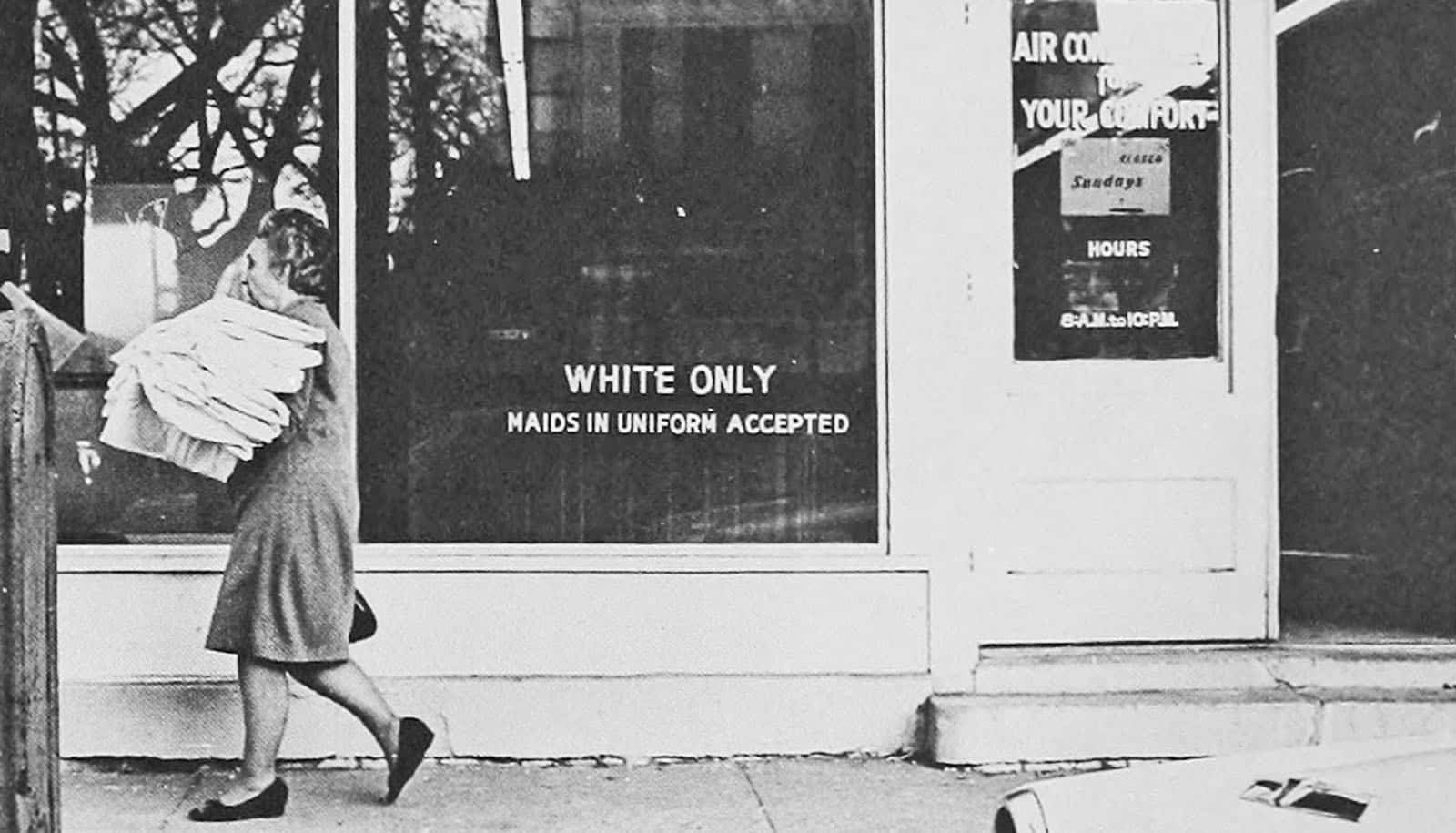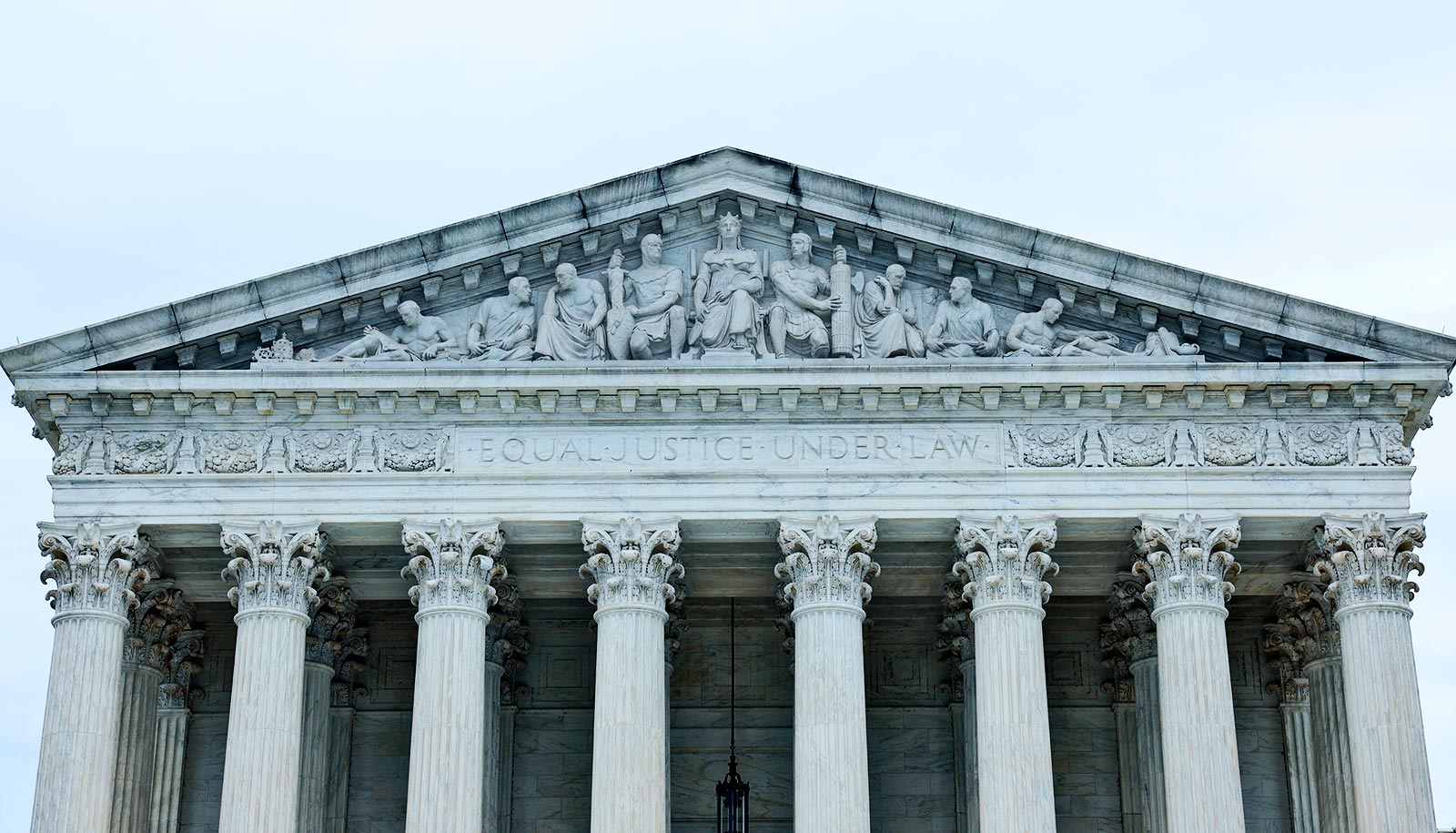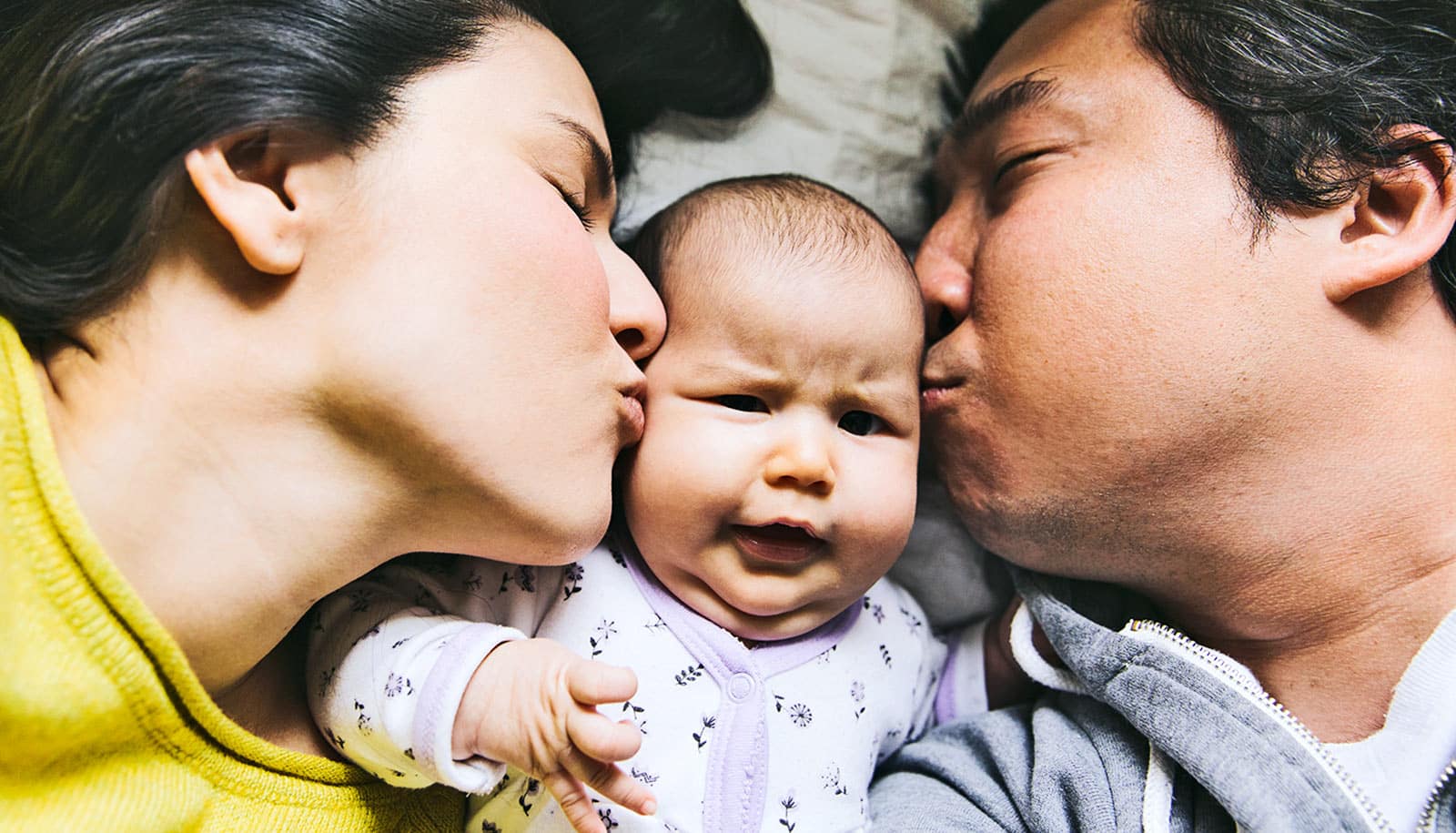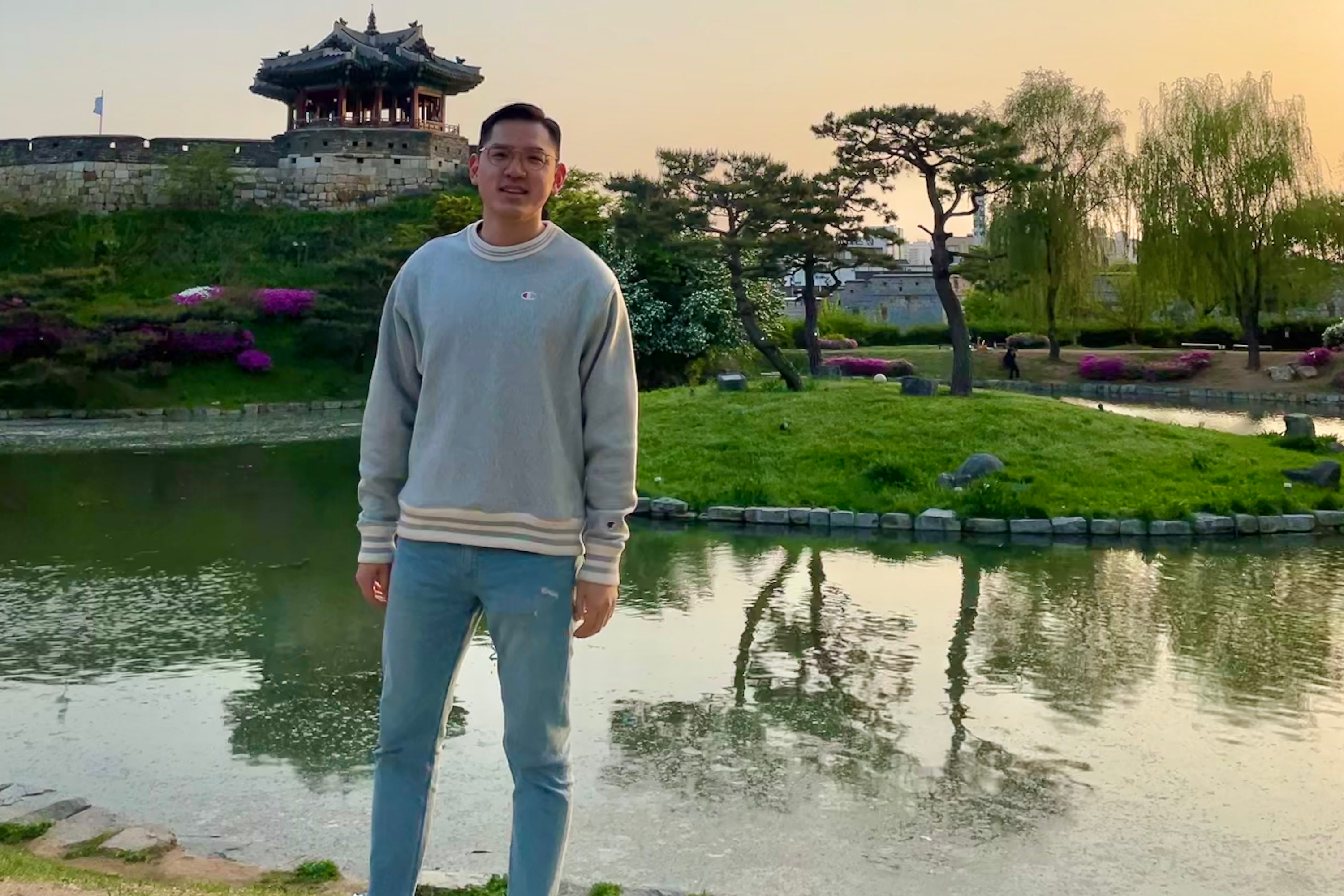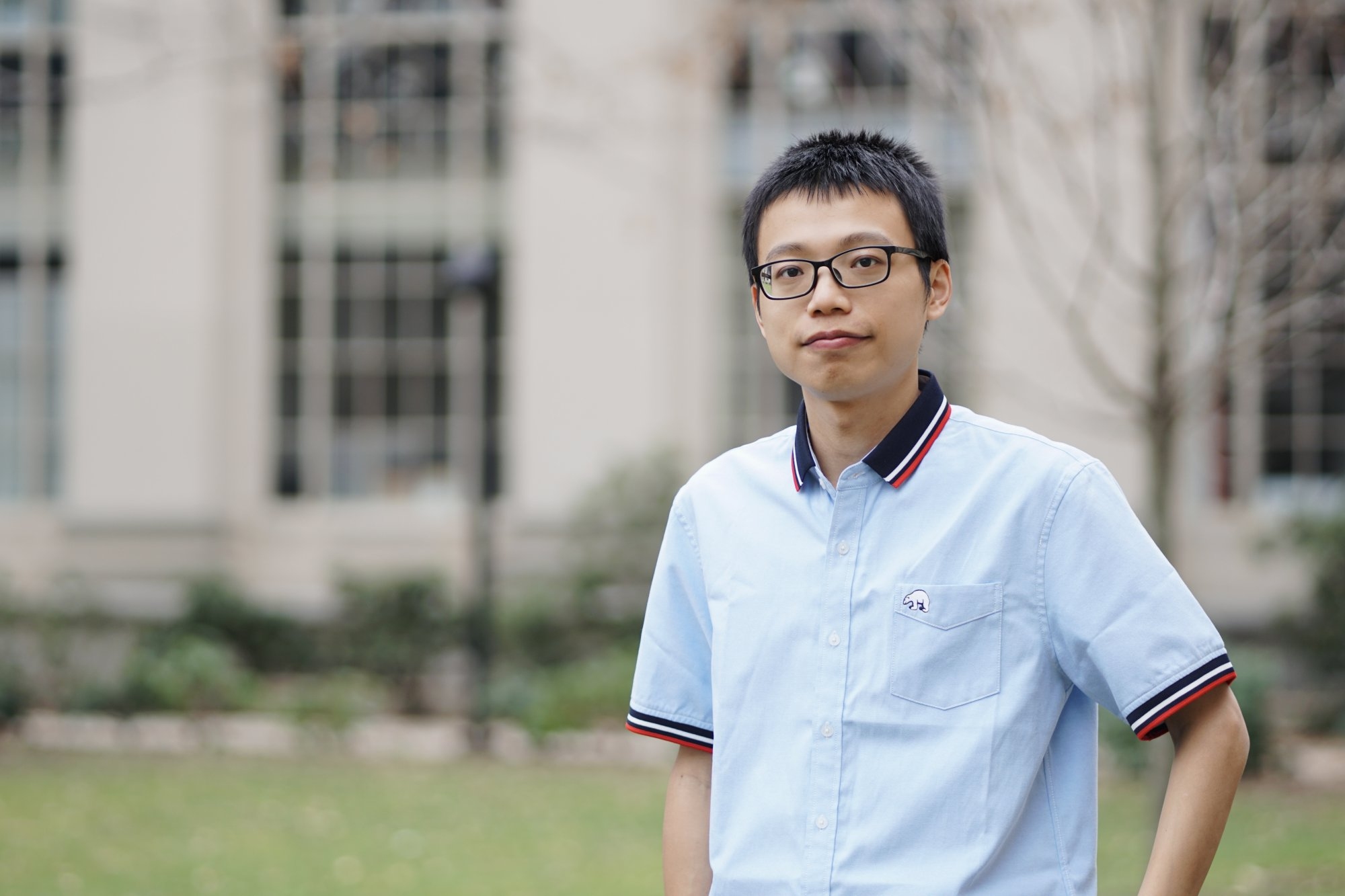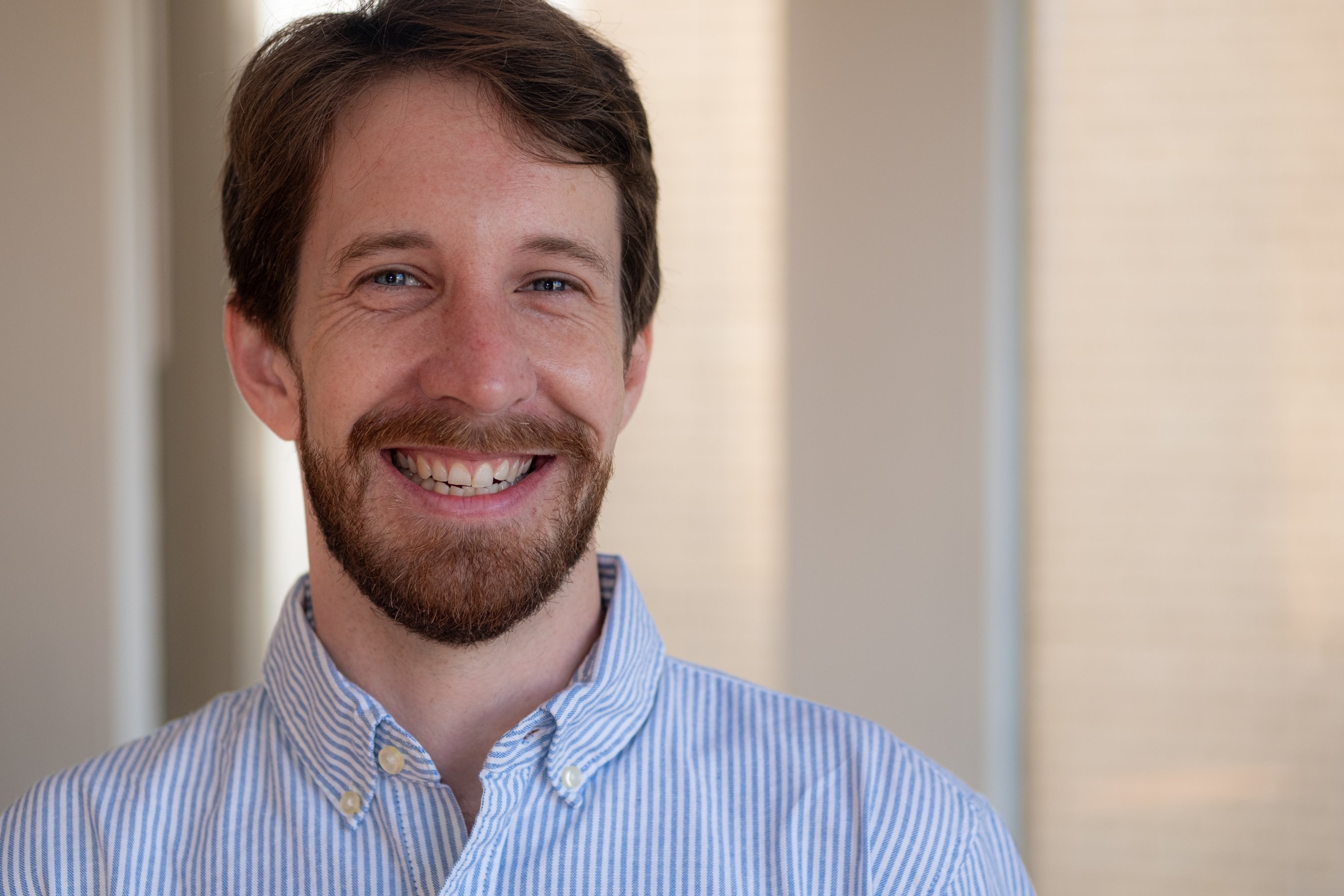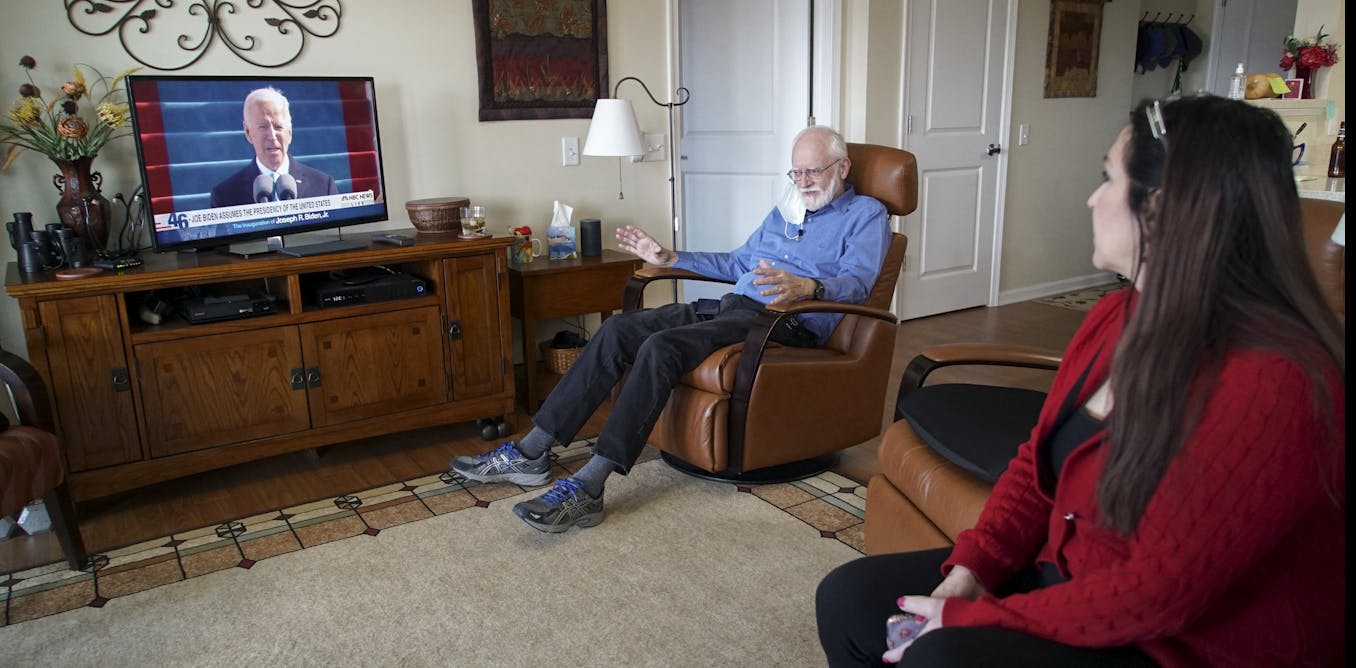Don't be too quick to blame social media for America's polarization – cable news has a bigger effect, study finds
Studies of online echo chambers don’t paint the full picture of Americans’ political segregation. New research shows that the problem is more Fox News Channel and MSNBC than Facebook and Twitter.
Homa Hosseinmardi, Associate Research Scientist in Computational Social Science, University of Pennsylvania •
conversation
Aug. 10, 2022 • ~7 min
Aug. 10, 2022 • ~7 min
/
61

